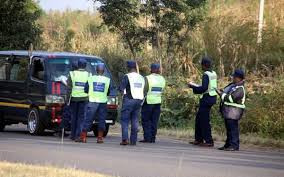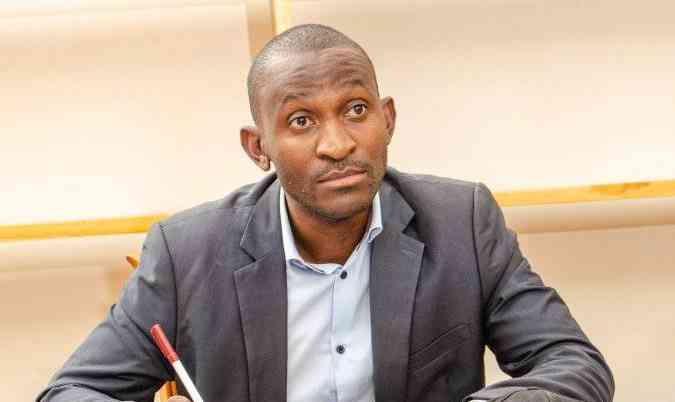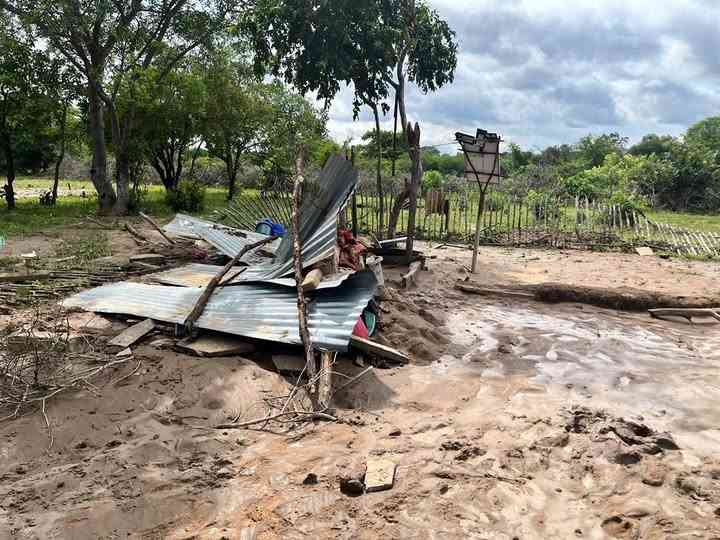
A storm is brewing in Bulawayo’s public transport sector, with explosive allegations pointing to the Zimbabwe Republic Police (ZRP) and Bulawayo City Council municipal police as central players in a sprawling and illegal racket that is bleeding kombi operators dry and sabotaging the long-delayed Egodini Mall project.
Investigations uncovered a well-oiled bribery syndicate involving uniformed officers and a shadowy network of intermediaries known as “Bag Men”, individuals, who collect daily payments from public transport operators on behalf of corrupt police and municipal officers.
The strategy allows law enforcement to avoid direct involvement while still reaping massive illicit profits.
Sources within the kombi industry revealed that each vehicle is expected to pay at least US$10 per day in bribes to operate unhindered.
For example, on the Cowdray Park route, which features three police roadblocks, drivers must pay a once-off US$3 at each stop per day, a total of US$9 per trip.
With over 100 kombis on that route alone, police officers are allegedly pocketing nearly US$1 000 per day from Cowdray Park operators.
If a kombi refuses to pay, it is impounded and only released after paying a hefty fine, which is a penalty that exists outside the legal framework.
The extortion doesn’t stop with the ZRP.
- Municipal cop axes wife, hangs self over US$600
- ‘Pray for ED to live long’
- Ghetto dances: A tiny spark could trigger madness
- BCC police pounce on vendors
Keep Reading
Municipal police also demand an additional US$1 daily bribe per kombi to allow the picking up and dropping off passengers at illegal stops.
Rank marshals, who control access to lucrative loading zones like 6th Avenue charge an extra US$3 per day, further inflating the cost of doing business.
Despite over 2 000 registered kombis operating in Bulawayo, fewer than 10% are compliant with official licensing, fitness, and route requirements.
The rest rely on bribes to stay on the road, fuelling a shadow economy that enriches individuals at the expense of the state.
Calculations based on these figures suggest that ZRP officers could be collecting up to US$22 000 per day and over US$600 000 a month.
Meanwhile, municipal officers are pulling in at least US$2,000 daily, or roughly US$60 000 a month. None of this money goes to the city or national treasury.
The consequences are dire.
The city’s plan to centralise public transport operations at the revamped Egodini Mall has stalled, as operators avoid the facility where official fees are only US$2 per day far less than the bribes demanded elsewhere.
Ironically, the legal route is less attractive because it doesn't allow for the same illicit earnings and convenience offered by corrupt law enforcement.
Frustrated drivers and residents are demanding accountability.
“We want proper enforcement, not this chaos,” said one driver, who spoke on condition of anonymity.
“Kombis should be forced to use Egodini, and money should go to the government, not people's pockets.”
Another added: “We’re sick and tired. Sixth Avenue is a nightmare.
“We can’t even walk freely anymore, and the city fathers are doing nothing.”
Bulawayo Apex Committee (BAC) chairperson, Busani Ngwenya, declined to confirm or deny the bribery allegations, but urged transport operators to comply with legal requirements.
The BAC is an association representing kombi operators.
“We always encourage our members to get all necessary documentation, VID fitness certificates, route permits, and operating licences,” he said.
“As for illegal pick-up points, we hope the city will act one day.”
Bulawayo deputy mayor, Edwin Ndlovu, urged affected kombi operators to bring evidence so that the council can take corrective measures.
“We do this operation in conjunction with the ZRP, and those with evidence of the accusations should bring evidence so that the council will act upon such information,” Ndlovu said when contacted for comment.
Bulawayo police referred Southern Eye to the national police spokesperson, Paul Nyathi, who, however, could not be reached for comment.









